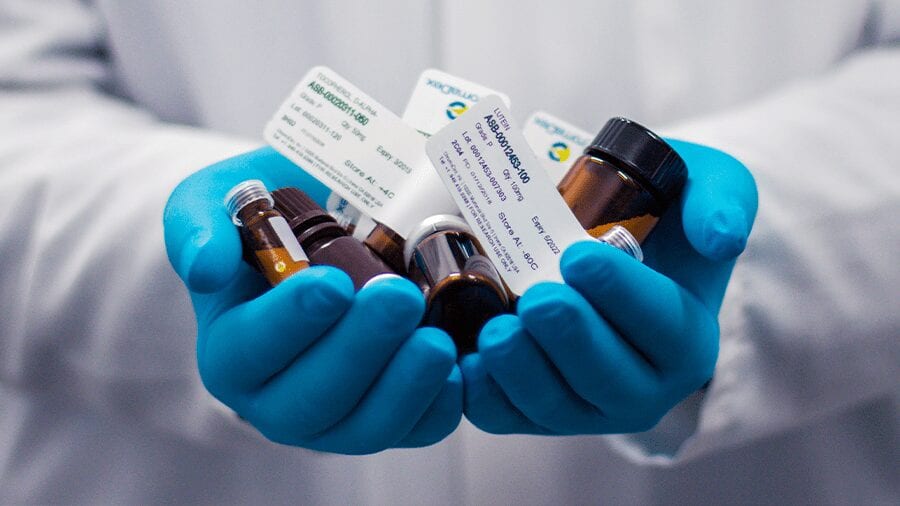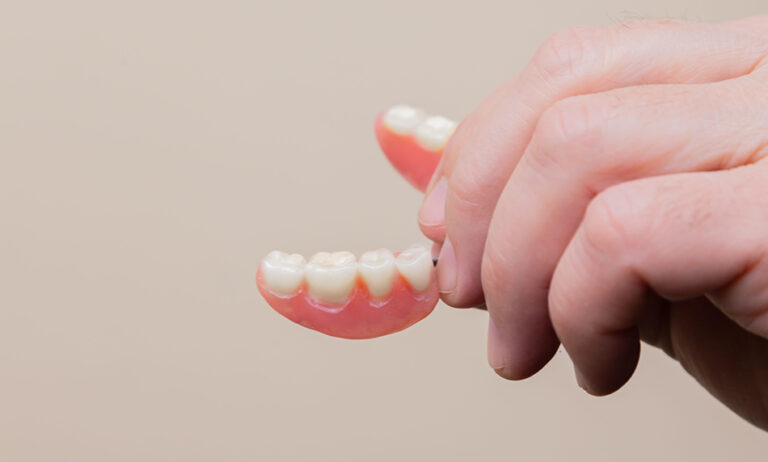You’ve likely heard the same advice since you were a kid: brush at least twice a day, preferably after meals, and floss daily, too. This advice still holds true if you want a clean and healthy smile, but recent studies and research have found a significant correlation between your dental health and your overall health. Good oral care may just help you avoid serious health complications later.
A Significant Link
Your mouth contains bacteria – a lot of bacteria. Your body has a bevy of defenses designed to keep bad bacteria under wraps, but it also depends on help from you. Daily brushing and flossing are crucial to keeping bacteria numbers down, so if you aren’t paying enough attention to your dental health and that bacteria grows out of control, things like gum disease and tooth decay are likely. In fact, studies have shown there is a significant link between gum disease and some very specific health problems, including:
- Premature Birth. Women who have gum disease or significant tooth decay are more likely to give birth prematurely or have babies with a low birth weight.
- Cardiovascular Disease. A few studies have found a startling correlation between poor oral health and cardiovascular disease. Though the link has not been thoroughly proven, it does exist, and experts think that poor oral health may lead to inflammation in other parts of your body, such as your arteries and your heart.
- Endocarditis. Your endocardium is the inner lining of your heart, and endocarditis occurs when this lining becomes infected, typically with bacteria and germs from other parts of the body. Bacteria in your mouth can enter your bloodstream, and if your immune system is unable to keep that bacteria at bay, there’s a possibility that it can build up in the endocardium and lead to serious issues.
Chronic Medical Conditions and Oral Health
Aside from the fact that poor oral hygiene might lead to some health conditions, there’s also evidence showing the opposite – certain chronic illnesses may lead to poor oral health, which means people who have these diseases need to be even more diligent with their oral care.
- Diabetes. Diabetes reduces your body’s defenses, which puts you at a much higher risk of infection – including in your gums. Some research suggests that people who visit the dentist regularly and work hard to keep their teeth and gums healthy are better able to control their blood sugar, too.
- HIV/AIDS. HIV and AIDS also affect the immune system, which means patients’ bodies may be able to fight off even the smallest oral infections. For these people, good oral hygiene is a must.
- Osteoporosis. Decreased bone density is most common in the elderly, and it can cause bones to become more brittle and break easily. People who have osteoporosis are at greater risk, so oral care is crucial for their health.
Your oral health has more of an impact on your overall health than you might think, so be sure that you’re visiting your dentist regularly. Brush and floss daily, use a good toothbrush, and replace your toothbrush every three to four months – or whenever the bristles become frayed. These are the best tips for preventing gum disease and tooth decay, which can keep your entire body healthier as a result.






